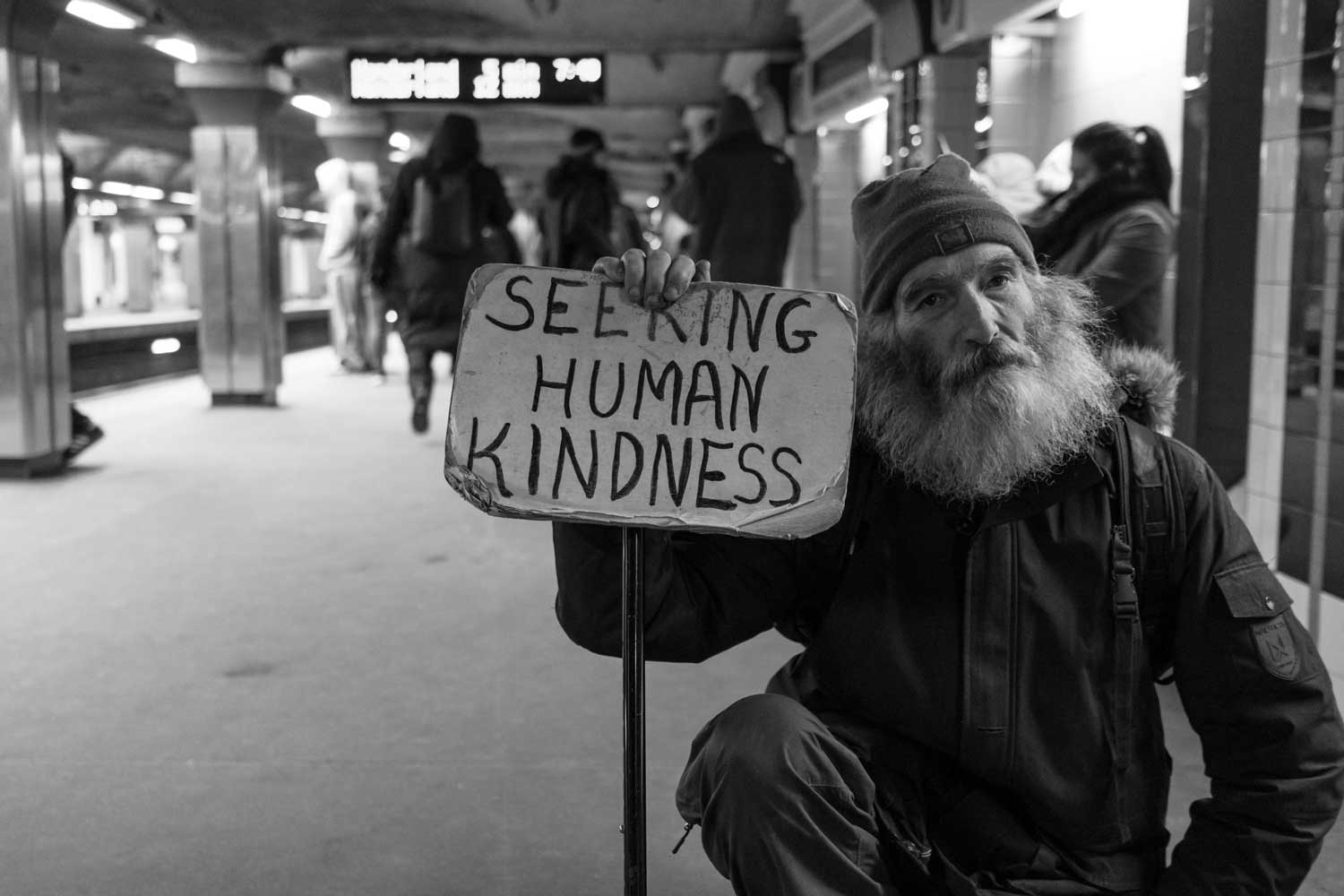In times of uncertainty and change, we can draw on Buddhist teachings to help us move beyond constricting habitual patterns such as fear, denial, and despair. Awakening our inner capacities for compassion and equanimity, we learn to transform our worldview from one of isolation and confusion to one of connection and clarity. As we practice and develop these wholesome states of mind, we also see more clearly what are called their ‘near enemies,’ states of mind that appear to be skillful, but are, in fact, states that simply enmesh us in more suffering.
As a way of exploring how to stay balanced in challenging times, engaging with the suffering in the world in a way that opens our hearts without being overwhelmed, notice your response the next time you come close to a situation of suffering – your own or others’. It might be situations of physical pain or emotional distress. Do we withdraw, close down, distract ourselves? Or can we let the suffering in, without aversion, without denial?
An image that I’ve found helpful in finding this balance is to imagine how I would be with a small child who is in the midst of some difficulty, perhaps some illness or emotional upheaval. It’s easy to imagine simply being there for the child, not pretending that everything is ok, and also not getting caught up in my own reactivity. A simple, loving presence can be not only reassuring for the child, but can also strengthen one’s own inner clarity to see what can be done. An ancient Taoist saying illuminates this potential: Non-action is not inaction. Non-action is the stillness that makes wise action possible.
Although our response to a child in a difficult situation may be intuitive and spontaneous, our challenge is to cultivate the same caring openness for ourselves and everyone we meet.

